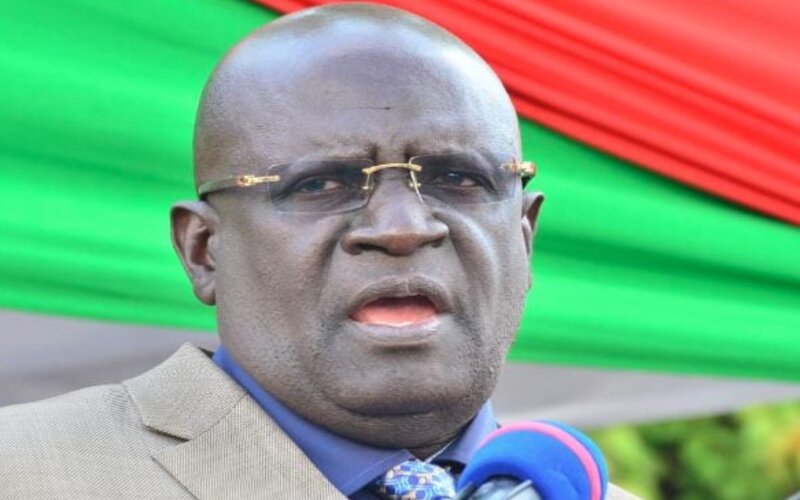×
The Standard e-Paper
Home To Bold Columnists

Eight thousand and ninety-one (8,091) 2020 KCPE candidates got at least 400 marks out of the possible 500 in the national tests. That number represents 0.68 per cent of the total candidate population (1,179,192).
Learners who got 300 marks to 399, were 282,090, representing 23.67 per cent.